Forex trading is one of the most lucrative and exciting markets in the world, attracting millions of traders worldwide. However, it can also be one of the most challenging and risky ventures, especially for beginners. To succeed in the Forex market, traders must go through different stages of learning, growth, and mastery. In this article, we will explore the various stages of a Forex trader, from novice to expert, and provide insights on how to navigate through each stage.
Table of Contents
2. The Novice Trader
3. The Learning Trader
4. The Experienced Trader
5. The Master Trader
6. Conclusion
7. FAQs
1. Introduction
Forex trading involves buying and selling currencies with the goal of making a profit. However, success in the Forex market is not guaranteed, and traders must go through a series of stages to achieve mastery. In this article, we will examine the different stages of a Forex trader, from novice to expert, and provide valuable insights on how to navigate through each stage.
2. The Novice Trader
2.1 Defining a Novice Trader
A novice trader is a beginner who is new to the Forex market and has little or no experience trading currencies. Most novice traders think that successful traders can predict future currency movements and make money by being right on every trade. They are usually unaware of the complexities involved in Forex trading and are prone to making mistakes.
2.2 Characteristics of a Novice Trader
Novice traders often lack discipline, patience, and a trading plan. They tend to trade impulsively, driven by emotions, news, or tips from others, without proper research or analysis. The novice trader believes that traders make consistent profits every day and that there is a Holy Grail trading system that brings profits in every market. They also have unrealistic expectations, believing that they can make huge profits quickly without significant effort or risk.
2.3 Common Mistakes of Novice Traders
Novice traders tend to make several common forex trading mistakes, such as overtrading, revenge trading, chasing losses, and neglecting risk management. They also fail to keep a trading journal, track their performance, or learn from their mistakes. As a result, many novice traders lose money and give up on Forex trading.
3. The Learning Trader
3.1 Characteristics of a Learning Trader
A learning trader is someone who is committed to learning and improving their trading skills. They recognize that Forex trading is a complex and dynamic field that requires continuous learning, practice, and adaptation. They are willing to invest time, effort, and resources in their education, and they have a positive and growth-oriented mindset.
3.2 Importance of a Trading Plan
One of the essential tools for a learning trader is a trading plan. A forex trading plan is a written document that outlines their goals, strategies, risk management rules, and performance metrics. It helps them stay focused, disciplined, and consistent in their trading, and it also provides a reference point for evaluating their progress and adjusting their approach.
3.3 The Role of Demo Trading
Another critical aspect of the learning stage is demo trading. Demo trading is a simulated trading environment that allows traders to practice their skills, test their strategies, and gain experience without risking real money.
4. The Experienced Trader
4.1 Characteristics of an Experienced Trader
An experienced trader has been trading for a considerable period and has developed a set of skills and strategies that enable them to make consistent profits in the Forex market. They have a deep understanding of market dynamics, price action, and technical analysis, and they are confident in their abilities. They also have a robust risk management system in place, which helps them to minimize losses and protect their capital.
4.2 Importance of Risk Management
One of the critical skills that an experienced trader possesses is risk management. Risk management is the process of identifying, assessing, and controlling risks associated with trading. Experienced traders use various risk management tools, such as stop-loss orders, position sizing, and diversification, to manage their risk exposure and protect their capital. They also have a disciplined approach to trading, sticking to their trading plan and avoiding impulsive decisions.
4.3 The Art of Trading Psychology
Another crucial aspect of the experienced trader is trading psychology. Trading psychology refers to the mental and emotional state of a trader while trading. Experienced traders have developed a robust trading psychology that allows them to stay calm, focused, and disciplined in the face of market volatility, losses, or gains. They understand that trading psychology plays a significant role in their success, and they invest in their mental and emotional well-being through practices such as meditation, exercise, or therapy.
5. The Master Trader
5.1 Defining a Master Trader
A master trader is someone who has achieved a high level of proficiency and excellence in Forex trading. They have a deep understanding of the market, and they possess exceptional skills and strategies that enable them to make significant profits consistently.
5.2 Qualities of a Master Trader
Some of the qualities of a master trader include discipline, patience, focus, adaptability, and continuous learning. They have a clear trading plan and approach, and they stick to it consistently. They also have a profound understanding of market psychology, and they know how to use it to their advantage. They are also adaptable and can adjust their strategies to suit different market conditions.
5.3 How to Become a Master Trader
This is the highest level a trader can achieve out of all the stages of a Forex trader. Becoming a master trader is a process that requires dedication, hard work, and continuous learning. To become a master trader, one must first develop a solid foundation in Forex trading, learn from experienced traders, and practice consistently. They must also develop strong risk management skills, trading psychology, and a robust trading plan. Additionally, they should keep abreast of market developments, news, and trends, and continuously adapt their strategies to changing market conditions.
6. Conclusion
Forex trading is a challenging but rewarding venture that requires continuous learning and growth. As we have seen in the stages of a Forex trader, traders go through different stages, from novice to expert, before achieving mastery. To succeed in Forex trading, traders must develop discipline, patience, risk management skills, and a robust trading plan. They must also invest in their trading psychology, mental and emotional well-being, and continuous learning.
7. FAQs
Q: Who is a novice trader?
A: A novice trader is a beginner who is new to the Forex market and has little or no experience trading currencies.
Q: What is a trading plan, and why is it essential?
A: A trading plan is a written document that outlines a trader’s goals, strategies, risk management rules, and performance metrics. It helps them stay focused, disciplined, and consistent in their trading, and it also provides a reference point for evaluating their progress and adjusting their approach.
Q: How can I manage my risk exposure in Forex trading?
A: You can manage your risk exposure in Forex trading by using various risk management tools, such as stop-loss orders, position sizing, diversification, and hedging. These tools can help you limit your losses and protect your capital.
Q: How can I improve my trading psychology?
A: You can improve your trading psychology by practicing mindfulness, meditation, and self-reflection. You should also develop a positive mindset, cultivate emotional resilience, and avoid making impulsive decisions.
Q: What are some common mistakes that novice traders make?
A: Novice traders often make the mistake of trading without a plan, risking too much capital, chasing losses, and being emotional in their decision-making. They also tend to overestimate their abilities and underestimate the risks associated with trading.
Q: What are some of the skills that a master trader possesses?
A: A master trader possesses skills such as discipline, patience, focus, adaptability, risk management, and trading psychology. They also have a profound understanding of market dynamics, price action, and technical analysis.
Q: Can anyone become a master trader?
A: Yes, anyone can become a master trader with dedication, hard work, and continuous learning. However, it takes time and effort to develop the necessary skills and strategies to achieve mastery in Forex trading.
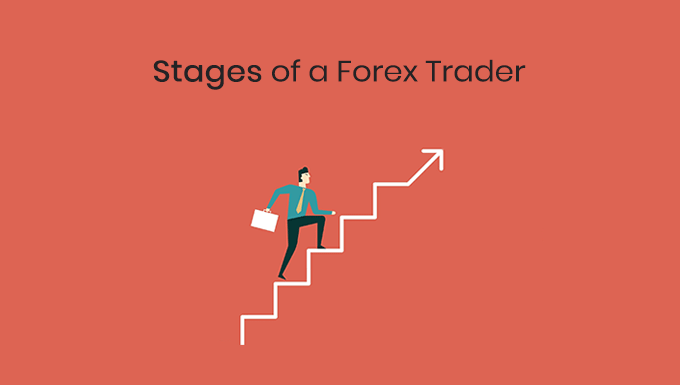


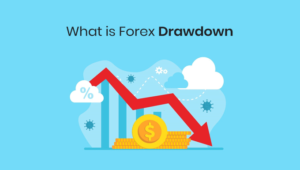
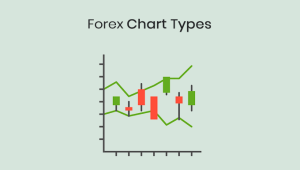
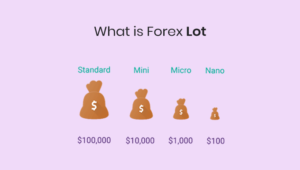
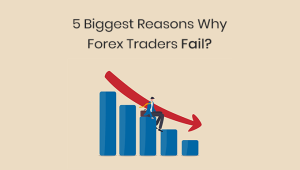
Thank you share this information, It’s really useful.